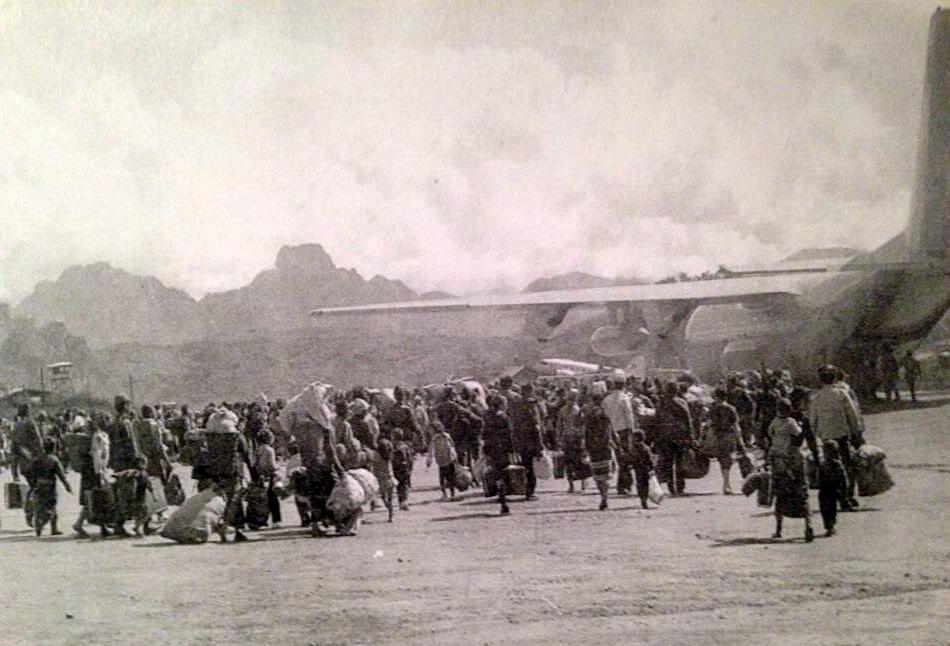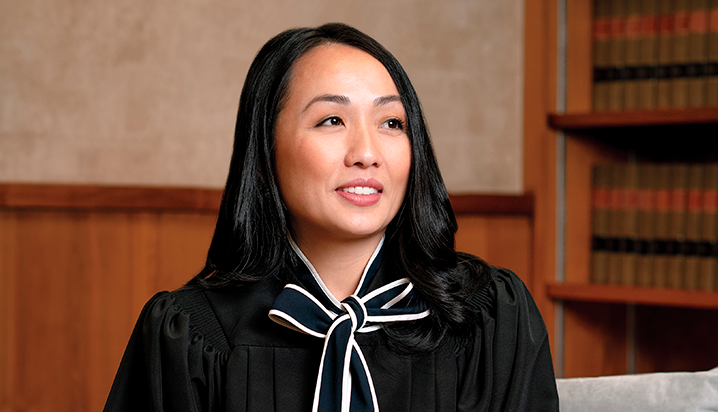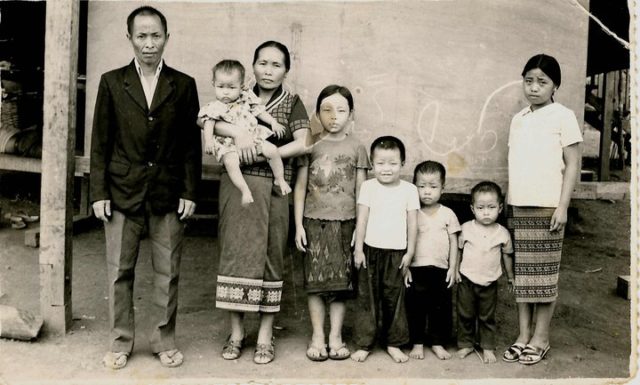Hmong Institute CEO Peng Her is pretty excited about the Hmong Diaspora Banquet his organization will be hosting on Saturday at the Monona Terrace Community and Convention Center that will commemorate the 45th year of the Hmong leaving Laos.
“This will be the first time the Hmong community is having an event at the Monona Terrace. Oftentimes, we have the Hmong New Year at the Alliant Energy Center, but to have a community banquet, it shows that we have really come a long way,” Her tells Madison365.
Last year – 2020 – marked the official 45th year of the Hmong diaspora due to the Hmong’s support for the United States during the Vietnam War. However, due to the COVID-19 pandemic, the Hmong Institute was not able to hold the Hmong Diaspora Educational Series and Banquet in 2020. One year later, they will host the Hmong Diaspora Banquet at Monona Terrace on Saturday, Oct.2, 5:30 p.m.-8:30 p.m.
“It’s a great opportunity for many of the Hmong elders to really reflect on the role they played in the war, fighting for the United States,” Her says. “But it’s also a chance to reflect on the overwhelming challenges of being a refugee in the refugee camps and coming to America with literally nothing but the clothes on their backs, having to assimilate to a new culture and country and, within 45 years, really thrive and become part of the fabric of Wisconsin.
“When you talk about Hmong, you think about the egg rolls and the Hmong needlework, but also your physician might be a Hmong person or the police officer that provides assistance to you or the teacher that is teaching your child is a Hmong person,” Her adds. “This will really be an opportunity to look at the resilience of the Hmong community and overcoming the many challenges that we have.”
In 1975, Laos fell into communist control and the Pathet Lao launched an aggressive campaign to capture or kill Hmong soldiers and families who sided with the CIA. Some Hmong were airlifted from Long Cheng while thousands escaped to Thailand as refugees. The Hmong were resettled in the United States and other countries such as France, Australia, Canada, French Guiana, and Germany. Many Hmong resettled in the Midwest; Wisconsin is home to the third-largest population of Hmong Americans.
Her himself came to the United States in December of 1976.
“We were some of the very first ones to come. Because of that, there wasn’t a lot of cultural support systems for us,” Her remembers. “My parents and I came to Iowa. Imagine coming from a luscious, green, sub-tropical forest to the frozen white snow of Iowa. We always say, ‘We didn’t choose the frozen tundra; the frozen tundra chose us!’

Wisconsin, Minnesota and Iowa were all very favorable landing spots for Hmong refugees back then.
“We worked hard and struggled to learn English. I actually was taught English by the janitor’s wife,” Her says. “When we came, our school wasn’t ready for Hmong refugees so they had to clear out a closet to have my siblings and I go in and teach us English. That’s how many of the Hmong families started in the late ‘70s.”
As the bulk of the Hmong settlement took place in the 80s, there were more and more social programs geared towards the Hmong population to help.
“There were a lot of challenges the Hmong population faced with racism and discrimination but they survived and thrived,” Her says. “I’m always in awe of the Hmong communities in the early ’80s trying to navigate life in the United States.
“Now, here we are 45 years later being able to host this event to commemorate the diaspora as well as reflect on all of the things that the Hmong community has gone through,” he adds.
The Hmong Diaspora Banquet will honor Hmong parents and veterans who made great sacrifices and also will reflect and celebrate Hmong diaspora experiences.
“We also want to include recognize individuals who played an important role in the resettlement and integration of the Hmong population here in Wisconsin,” Her says.
Awards will be presented at the Hmong Diaspora Banquet to the following:
- Distinguished Humanitarian Award – Ms. Susan Levy, Former Wisconsin State Refugee Coordinator
- Outstanding Leadership Award – Honorable James Doyle, former Governor
- Leadership Impact Award – Ms. Roberta Gassman, Former DWD Secretary
- Champion Award – Mr. Thai Vue, Former President and Director of WUCMAA (WI United Coalition of Mutual Assistance Association)
- Community Building Award: Mr. Xia Vue Yang, former President of WUCMAA
Judge Kristy Yang, the first female Hmong-American judge in the U.S., will give the keynote address.

“We will have cultural performances and then we put together a slide show to reflect on and honor our Hmong veterans and parents,” Her says. “Each table will have some table tents with interesting facts about the Hmong community in Wisconsin and beyond. We are a very global community.”
Attendees will learn about the contributions the Hmong have made in Wisconsin over the past 45 years. The Diaspora banquet will also include a photo exhibit and a silent auction with many Hmong items donated by Hmong artists.
“The banquet also gives an opportunity for non-Hmong to learn about the Hmong history and who their Hmong neighbors are,” Her says.




























